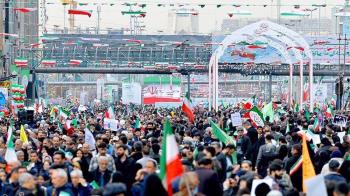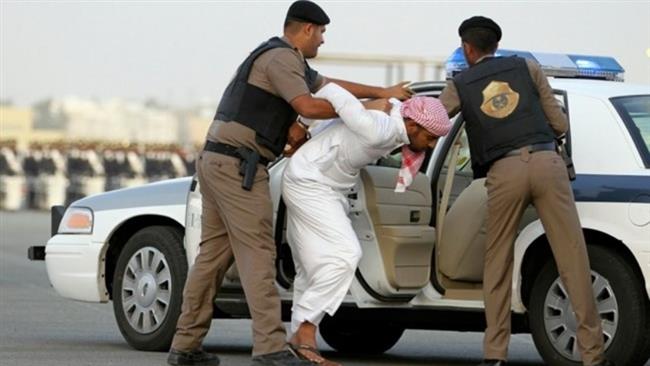Alwaght- Human rights groups have condemned Saudi regime's recent mass detention of several prominent clerics, intellectuals and activists as "a coordinated crackdown on dissent".
The arrests were made ahead of a call by exiled opposition figures for demonstrations following Friday afternoon prayers, which did not appear to attract much support due to a climate of fear instilled on masses following the crackdown.
Activists this week circulated on social media lists of people detained, including prominent Islamic preachers Salman al-Awdah and Awad al-Qarni, as well as some people activists seen as opponents of the ruling Al Saud clan.
Awdah and Qarni, who have millions of followers on social media, were among Saudi scholars who opposed the presence of US troops in the kingdom during the 1991 Persian Gulf War over Kuwait.
They have both been accused of links to the Muslim Brotherhood, which Saudi Arabia has blacklisted as a "terror group".
The detentions follow widespread speculation, denied by officials, that King Salman intends to abdicate to his son Crown Prince Mohammed, who dominates economic, diplomatic and domestic policy.
There are also growing tensions with Qatar over Doha's alleged support of extremist movements, including the Muslim Brotherhood.
Human rights record deteriorated under new crown prince
Amnesty International on Friday voiced concern over the arrests.
"In recent years, we cannot recall a week in which so many prominent Saudi Arabian figures have been targeted in such a short space of time," Amnesty's Samah Hadid said.
The organization said the rights situation in the Persian Gulf state had "deteriorated markedly" since Prince Mohammed bin Salman took over as crown prince and heir to the throne on June 21.
New York-based group Human Rights Watch (HRW) also suggested the arrests could be connected to the prince's efforts to consolidate power.
"These apparently politically motivated arrests are another sign that Mohammed bin Salman has no real interest in improving his country's record on free speech and the rule of law," said Sarah Leah Whitson, HRW's Middle East director.
Whitson added, "Outlandish sentences against peaceful activists and dissidents demonstrate Saudi Arabia's complete intolerance toward citizens who speak out for human rights and reform."
Protests are banned in Saudi Arabia, as are political parties. Unions are illegal, the press is controlled and criticism of the authoritarian Al Saud royal family can lead to prison or death.



























